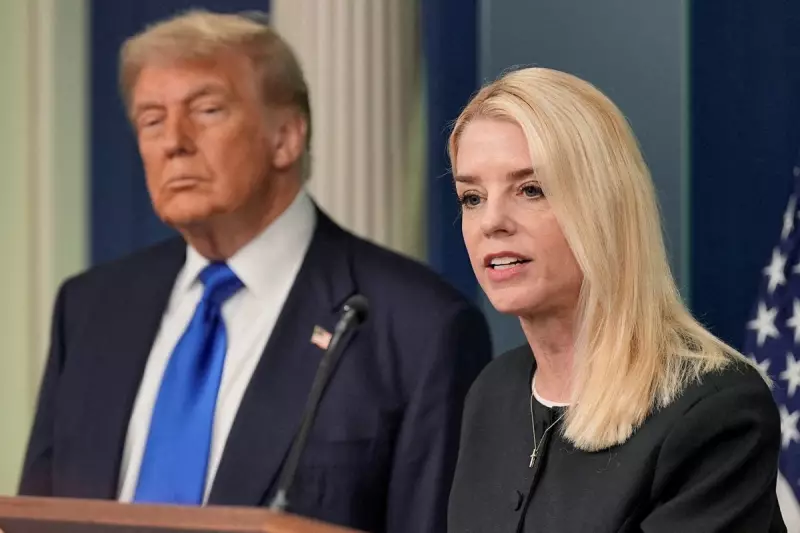
In a significant ruling that maintains a shroud of secrecy over one of America's most infamous criminal cases, a Florida judge has decisively blocked the public release of the grand jury transcripts from the initial 2006 investigation into Jeffrey Epstein.
The decision, delivered by Circuit Judge Luis Delgado, represents a major setback for transparency advocates and media organisations who had fought to unseal the records. The transcripts are believed to contain crucial testimonies that could shed light on the early mishandling of the case and the network of individuals surrounding the disgraced financier.
A Case Defined by Secrecy and Privilege
Judge Delgado's ruling emphasised that the need for grand jury secrecy, a long-standing legal principle, "overcame" the arguments for public disclosure. He stated that the witnesses who testified nearly two decades ago were promised confidentiality, a promise the court intends to uphold despite the immense public interest and the subsequent death of Epstein himself in 2019.
This legal battle was spearheaded by the Palm Beach Post and joined by Epstein survivor Virginia Giuffre, who argued that the public has a right to understand how the wealthy sex offender initially escaped severe federal charges. Instead, Epstein secured a deeply controversial plea deal in 2008, pleading guilty to lesser state charges of soliciting prostitution and serving just 13 months in a county jail with extensive work release privileges.
The Hidden Testimonies and Unanswered Questions
The grand jury, which convened in Palm Beach County, ultimately charged Epstein on only a single felony count of solicitation of prostitution. This outcome has been widely criticised as a profound failure of justice, allowing Epstein's abuse to continue for years.
The sealed transcripts are the holy grail for investigators and journalists seeking to answer persistent questions: Who testified? What evidence was presented, or perhaps ignored? Did the proceedings reveal the scope of the trafficking operation that involved underage girls?
High-profile figures like Epstein's former associate Ghislaine Maxwell, who is now serving a 20-year sentence, and high-powered lawyers including Alan Dershowitz, are among those speculated to have given testimony. Their accounts, however, remain locked away from public scrutiny.
A Continuing Quest for Accountability
While this particular legal avenue has been closed, the ruling is unlikely to be the final word. The intense global scrutiny surrounding Epstein's associates and the mechanics of his impunity ensures continued pressure for full disclosure.
This case continues to symbolise the tension between established legal protocols and the public's demand for accountability, especially in cases involving immense wealth, power, and systemic failure. For the survivors and a watching world, the full story of who knew what, and when, remains frustratingly out of reach, hidden within the confidential pages of the Florida grand jury record.





